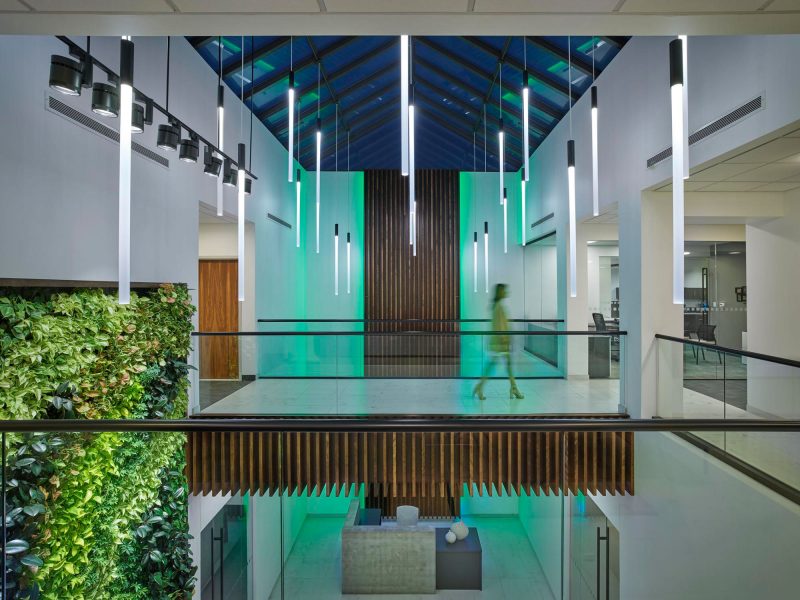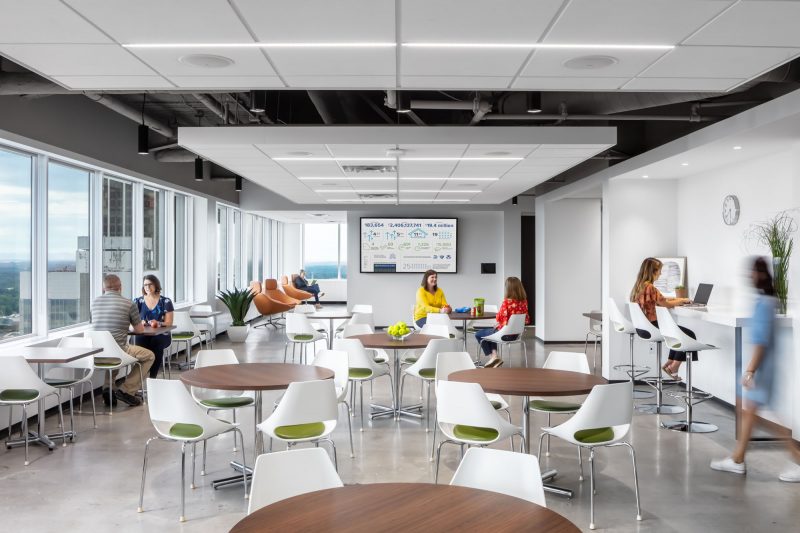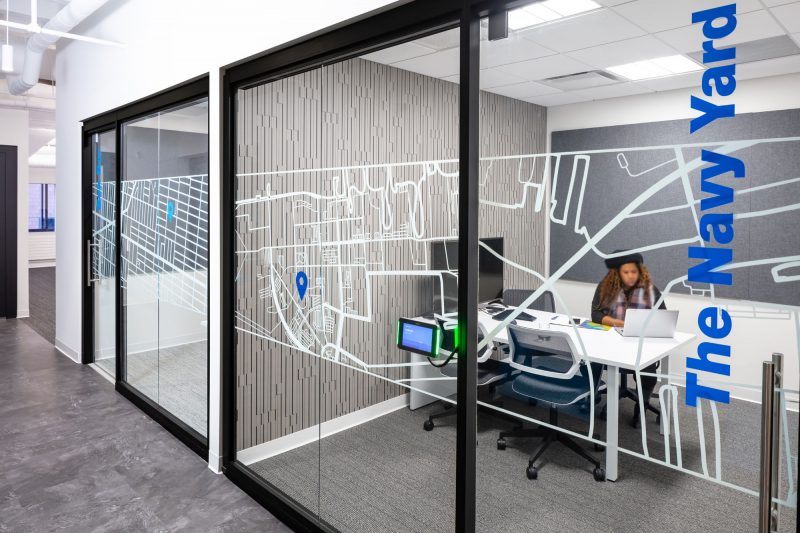Work After COVID-19: Trusting the Transition
By: NELSON Worldwide
Like many, I sense the looming anxiousness about returning to work in a few weeks as shelter-in-place policies are lifted. Although many are looking forward to reuniting with colleagues and returning to the office desk away from distractions at home, I have concerns.
These concerns mirror those of our employers, building owners, and landlords, as we all see clearly how a safe reunion is a shared responsibility. Will the office building I am returning to have procedures in place to keep me safe? Am I putting my family at risk by returning to work? How can I trust that everyone is doing their part today to make our workplace a healthy environment?
To combat these worries, I am putting trust in my employer, co-workers, and those that operate my building. So are most people around the world, according to this year’s Edelman Trust Barometer Special Report. The survey found that 63 percent of people around the world believe information regarding COVID-19 from employers, compared with 58 percent for a government website and 51 percent for traditional media. Let this sink in. The majority polled are putting their trust in their employers. So, how can companies make it easier for their workforce to trust them?
Here are just a few ways:
TRUST IN THE EMPLOYER
Employers will be the trusted guide employees look to before and after returning to work. Going beyond staggering the return of employees or off-setting work hours, companies will need to actively work toward a resilient environment for years to come.
Workers will also trust their employers are following vetted and globally adopted standards. Hosting reoccurring meetings, sending weekly communications, and posting signage throughout the office can help publicly display that these standards are being followed.
Perceived safety will promote trust in the built environment as much as tangible improvements. For example, biophilic design that incorporates indoor greenery can help support wellness beyond mental health. Not only is this a tangible way to improve air quality and alleviate asthma, but it is a visual cue to employees that changes are taking place to improve their health and wellbeing.

TRUST IN THE CO-WORKER
It will be challenging to rely on others when returning to the office. There are small practices that can be put in place to help colleagues garner trust in each other and limit fears of the unknown. A few minor physical adjustments to the fixtures and furnishings can add some much-desired security.
Many corporate workplaces decorate their offices and amenity spaces with potted plants. These may be an aesthetically pleasing tool that can also serve as added barriers throughout the office, both in pathways and in alternating workstations. Moss can contribute to improved indoor air quality, removing particulates from the air throughout the day, offering acoustic buffers, and feeding the visual desire to maintain social distancing while inside the building.
Mobile partitions made available to occupants, within reasonable safety, can also provide some quick remedy to promoting space without isolating. Signage within the employer’s workplace can offer continuous reminders for best practices related to hygiene. Personal protective equipment, specifically face masks, may become a standard office supply, much like toilet paper and hand towels. These simple but effective measures can help initiate trust among co-workers while organizations work to budget toward larger-scale strategies.

TRUST IN THE BUILDING OWNER
Landlords and owners charged with operating office buildings have a huge responsibility to keep their tenants safe. For office buildings in bigger cities with higher foot traffic, they may need to close off certain entrances or regulate entry points by implementing and communicating a new wayfinding strategy that adjusts the traditional guest journey in the space. Landlords will need to pay attention to lobbies and communal areas by reducing capacity and implementing robust cleaning strategies.
Propping doors open that aren’t automatic and adding more hand sanitizing stations in common areas are other ways landlords and building operators can help employees feel more comfortable. Seeing precautions in place will allow employees to put more trust in the buildings they are entering each day.
Employers and landlords have the power to be a comforting and reliable source during this time of uncertainty. Implementing mitigation strategies fosters trust and dignity when returning to the workplace.


Let's Connect:
NELSON Worldwide,
NELSON Worldwide is an award-winning firm, unlocking value for clients through architecture, interior design, graphic design, and brand strategy. With more than 600 teammates across 20 offices, the firm’s collective network provides strategic and creative solutions that positively impact where people work, serve, play, and thrive. The team combines industry knowledge, service expertise, and geographic reach to deliver projects across the country and around the world. Client partnerships across the NELSON network include Hilton, Macy’s, Comcast, Simon Property Group, Prologis, Yum! Brands, Boston Consulting Group, T-Mobile, Emory Healthcare, SAP Fieldglass, Unibail-Rodamco-Westfield, Kroger, Hyatt, Bayer, Target, and many more.